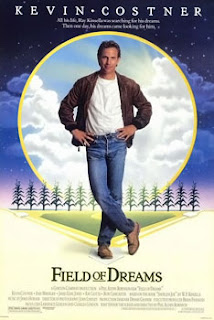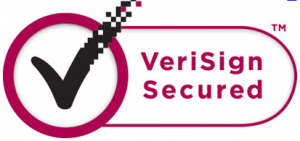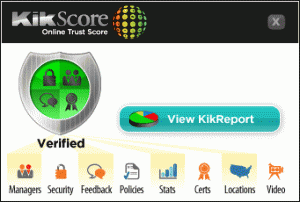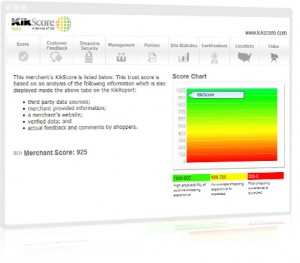Archive for the ‘Small Business’ Category
Making Businesses Bigger, Better, Faster: An Interview with Ed Carrick
Wednesday, August 17th, 2011
Today’s small business interview is with Ed Carrick, the founder of Performance Analysis. Carrick works as a consultant for small businesses, mainly manufacturing companies, helping them maximize their business productivity through lean management techniques. He stimulates efficiency among these companies and drives their success. We had the privilege of speaking to Ed and he talked about both his company and the small business community.
Tell us about Performance Analysis and who you focus on serving?
Performance Analysis is a very small consulting firm. Our main focus is on small manufacturers, many being local but we also have nationwide services that we reach out through the internet. The nature of our business is to help other businesses learn and implement various techniques for process improvement and increased productivity. One of the major concepts we follow is lean management; the outcome is typically lower cost, greater output, and a greater quality product.
What prompted the launch of Performance Analysis?
Performance Analysis is an offspring from my past job at one of the universities here. I loved the consulting work, really saw the value in it, and saw what it can do for manufacturers in this country. The situation I was in did not work very well and I knew I had the ability of making it on my own, so it was just all about timing and gaining the confidence to eventually launch my own business.
What is a recent trend that you have been focusing on to increase your sales and business?
One of the big things that we have been focusing on quite a lot over the last 6 months is trying to develop and improve upon inbound marketing techniques. Sites such as HARO, Twitter, and Facebook are effective for getting your name out there to the public. I have also been posting a lot of articles on my website’s blog. We’re trying to drive people to our site and build our company as industry experts.
If you had 1 lesson that you learned from your business that you could pass on to others about selling online, what would it be?
What do you see as the biggest challenge for small businesses in today’s society and economy and how do you focus on overcoming them?
One of the biggest challenges, as it was for us, is not appearing as a small mom-and-pop company that clients may not want to work with. It’s very important to portray your business as a professional, growing company in your field. A lot of people start off as solopreneurs like myself, but it is important to build onto that and grow as a company.
From your experience, what are the best ways to advertise yourself?
I haven’t really figured that one out yet, though I have found that blogging and participating in social media has been the most successful for us so far. We’ve also listed Performance Analysis with online business listing services, and some of the better ones have increased our SEO and brought our URLs higher up on Google searches. In general, it all boils down to using a combination of inbound marketing techniques.
 If your business/store could be any movie or movie character, what movie/movie character would it be and why?
If your business/store could be any movie or movie character, what movie/movie character would it be and why?
The Fighter. The main character is actually representative of some of our clients. Like Mark Wahlberg’s character in the movie being a boxer who has sort of plateaued, many of our clients are manufacturers that have peaked and are not sure what to do to get better. They find inspiration on how to increase their sales and business by using our service and working with knowledgeable people.
Do you have any parting thoughts for our readers and the small business community?
One of the main things about start-ups is that if you are thinking about doing it and it’s really in your heart to do it, you can do it and you can’t doubt yourself. You must realize that once you get out there and jump into your own business, there are going to be some struggles but it is all going to be worth it and it’s not going to be as scary and difficult as you think it might be. Don’t keep waiting like I did and just follow your heart.
Thanks to Ed Carrick for a great interview and taking time out of his busy schedule. If anyone has any questions or comments for Ed, please leave them in the comments.




















